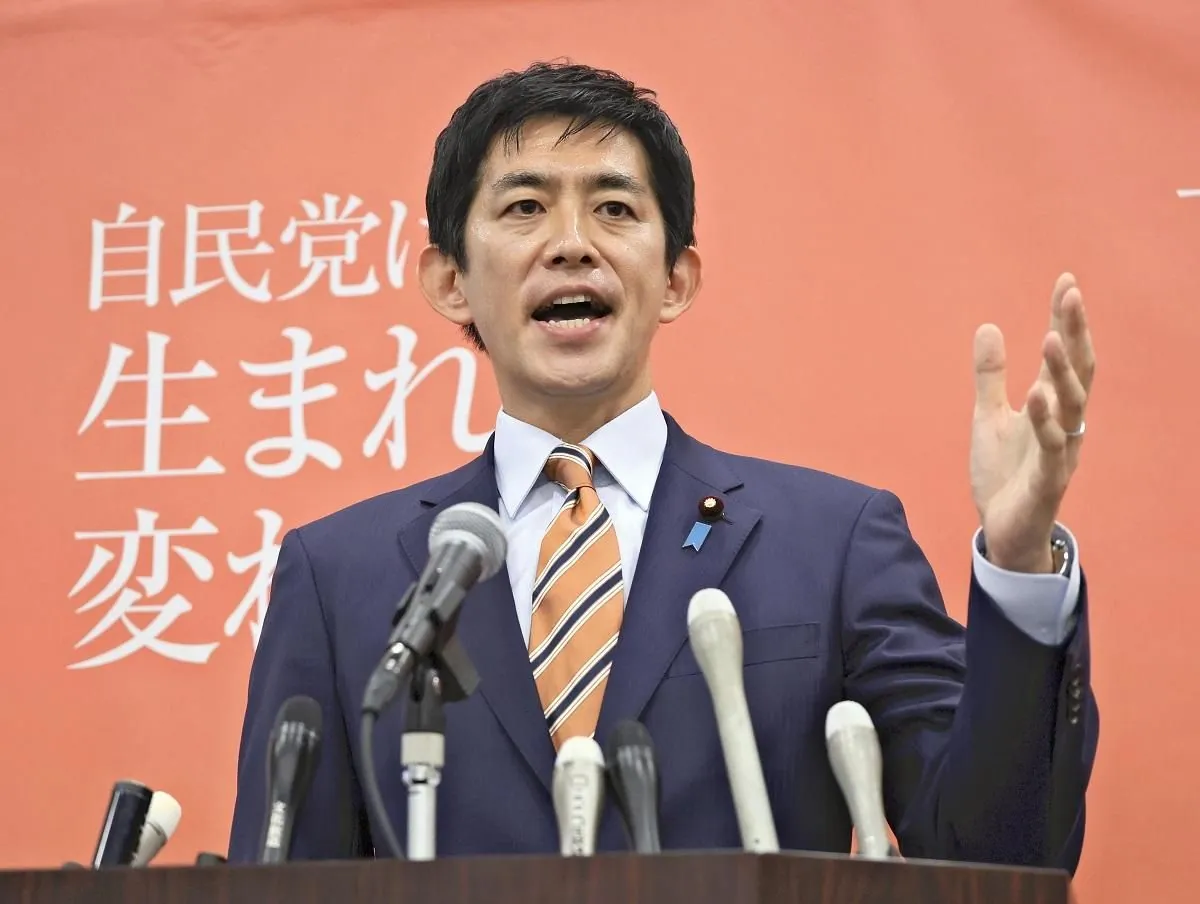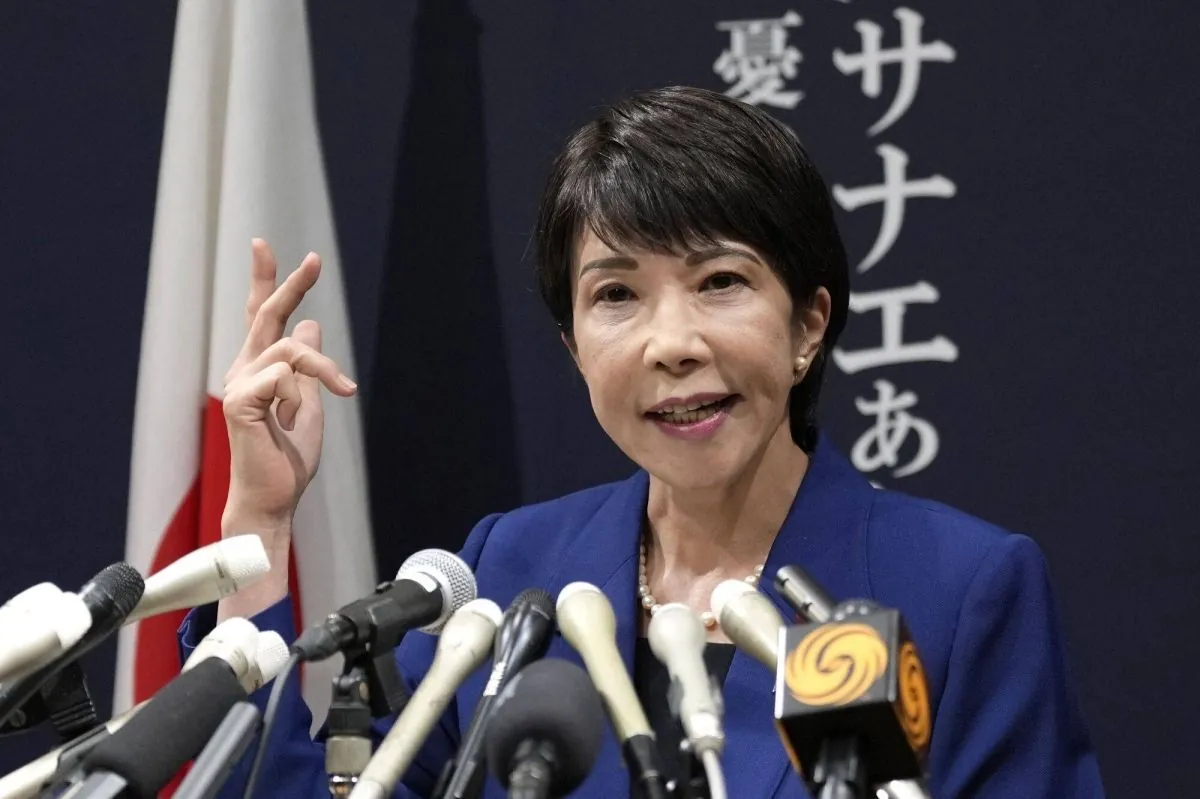Japanese Firms Favor Ishiba as Next PM, Prioritize Economic Reforms
A Reuters poll reveals Japanese businesses prefer Shigeru Ishiba as the next Prime Minister. Companies prioritize addressing inflation and fiscal reform, while cautiously approving recent monetary policy changes.

In a recent Reuters survey, Shigeru Ishiba has emerged as the top choice among Japanese corporations for the role of Prime Minister, narrowly surpassing Sanae Takaichi and Shinjiro Koizumi. The poll, conducted from August 28 to September 6, 2024, highlights the business community's preferences ahead of the Liberal Democratic Party's (LDP) leadership election scheduled for September 27, 2024.
Ishiba, a former defense minister and LDP policy chief, garnered 24% support from respondents. His extensive experience in various cabinet positions, including agriculture and local economy revitalization, has contributed to his popularity. A food company manager praised Ishiba's potential to drive reforms without being swayed by party factions.

Takaichi, aiming to become Japan's first female prime minister since Junko Takei's brief tenure in 2007, secured 22% support. Her platform focuses on strategic fiscal spending in cutting-edge technologies to stimulate economic growth. Meanwhile, Koizumi, son of former premier Junichiro Koizumi, received 16% support and has pledged to largely continue the economic policies of the current administration.
The survey revealed that Japanese firms prioritize addressing rising prices and implementing fiscal reforms. This focus comes as Japan grapples with the highest public debt-to-GDP ratio among developed nations, exceeding 260% as of 2023. The country's economic challenges are compounded by decades of deflation and low growth, issues that have persisted despite various policy interventions, including the "Abenomics" strategy introduced by former Prime Minister Shinzo Abe.
Regarding monetary policy, nearly two-thirds of respondents expressed approval for the Bank of Japan's (BOJ) recent rate hike in July 2024, which raised the short-term policy target to 0.25%. This move marked a significant shift from the ultra-loose monetary policy maintained for over two decades to combat deflation.
However, businesses remain cautious about future rate increases. When asked about the appropriate timing for an additional hike, 20% of respondents suggested December 2024, while 27% favored the first quarter of 2025. A machinery company manager emphasized the need to consider international competitiveness and corporate earnings when contemplating further rate adjustments.
The survey also explored the potential impact of rate hikes on companies' fundraising and wage plans. Approximately 29% of respondents indicated that a rate increase to 0.5% could affect their strategies, while 27% cited 1.0% as the threshold for such impacts.
"With other countries cutting rates, we don't really see the need to rush into another rate hike and weaken international competitiveness and companies' earning power."
As Japan navigates these economic challenges, the next Prime Minister will also need to address the country's aging population, low birth rate, and the evolving landscape of international relations, particularly with key ally the United States and in the context of China's economic and military expansion.
The upcoming LDP leadership election and its outcome will be crucial in shaping Japan's economic and political future, as the party has dominated Japanese politics almost continuously since its founding in 1955. The next leader will face the task of guiding the country through complex domestic and international issues while striving to revitalize the world's third-largest economy.


































